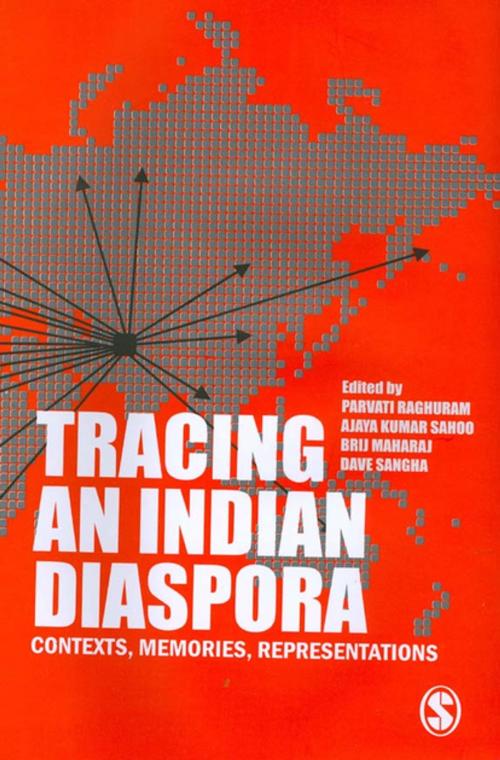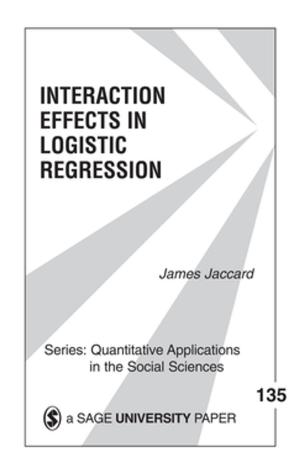Tracing an Indian Diaspora
Contexts, Memories, Representations
Nonfiction, Social & Cultural Studies, Social Science, Sociology| Author: | ISBN: | 9789352801411 | |
| Publisher: | SAGE Publications | Publication: | September 16, 2008 |
| Imprint: | Sage Publications Pvt. Ltd | Language: | English |
| Author: | |
| ISBN: | 9789352801411 |
| Publisher: | SAGE Publications |
| Publication: | September 16, 2008 |
| Imprint: | Sage Publications Pvt. Ltd |
| Language: | English |
The Indian diaspora, comprising over 20 million people spread across a hundred countries, continues to grow in size and make its presence felt. This collection traces various forms of plurality within the diaspora: geographical dispersion, historical contexts, temporal frames, authorial positions and political affiliations. It is an assemblage, not a narrative, and purposefully so. It does not attempt to produce a new boundary around diasporic identifications, but rather to unsettle diaspora by loosely juxtaposing a set of chapters that provide complementary, sometimes conflicting perspectives on diasporic locations, identifications and representations.
Some sections of the compilation probe the migratory movements that have led to the formation of the Indian diaspora, unpacking its geographical scope and highlighting its different locales. Others look at diasporic practices, focusing on the ways and means of remembering and enacting diasporic belonging and the sites and spaces where such narratives of belonging are performed.
This work is an invaluable resource for students, researchers and academicians working in the fields of anthropology, geography, history, political science, sociology, Asian studies, diaspora studies, South Asian studies, literary studies, cultural studies, ethnic and migration studies.
The Indian diaspora, comprising over 20 million people spread across a hundred countries, continues to grow in size and make its presence felt. This collection traces various forms of plurality within the diaspora: geographical dispersion, historical contexts, temporal frames, authorial positions and political affiliations. It is an assemblage, not a narrative, and purposefully so. It does not attempt to produce a new boundary around diasporic identifications, but rather to unsettle diaspora by loosely juxtaposing a set of chapters that provide complementary, sometimes conflicting perspectives on diasporic locations, identifications and representations.
Some sections of the compilation probe the migratory movements that have led to the formation of the Indian diaspora, unpacking its geographical scope and highlighting its different locales. Others look at diasporic practices, focusing on the ways and means of remembering and enacting diasporic belonging and the sites and spaces where such narratives of belonging are performed.
This work is an invaluable resource for students, researchers and academicians working in the fields of anthropology, geography, history, political science, sociology, Asian studies, diaspora studies, South Asian studies, literary studies, cultural studies, ethnic and migration studies.















